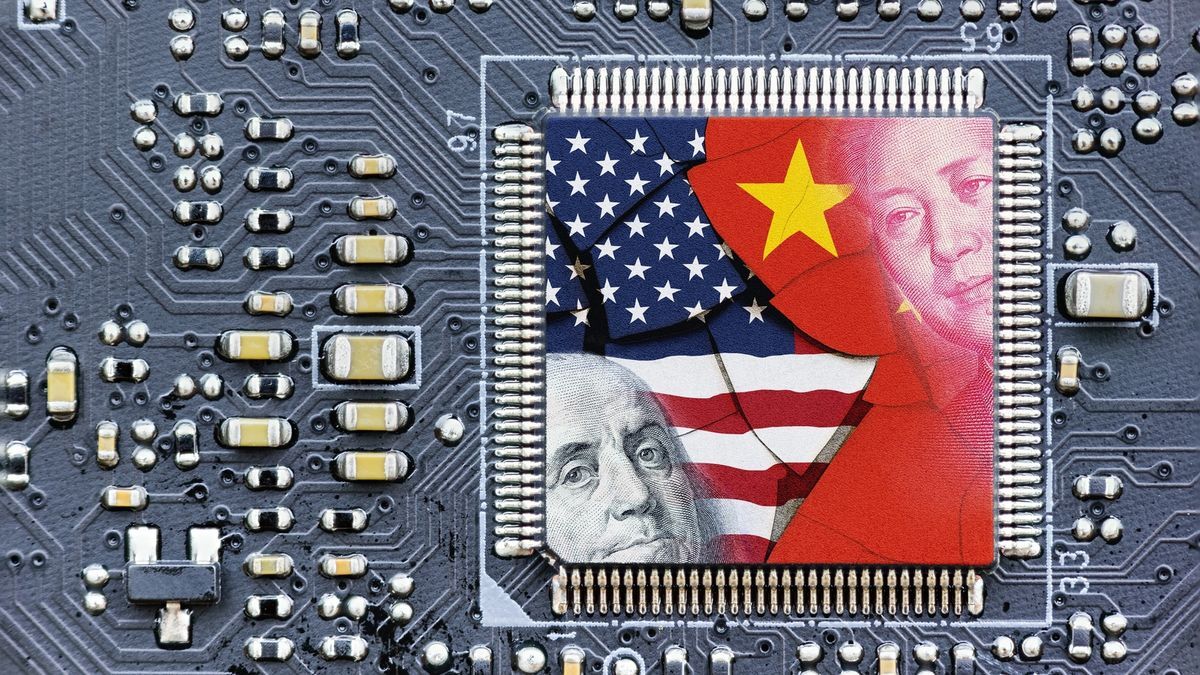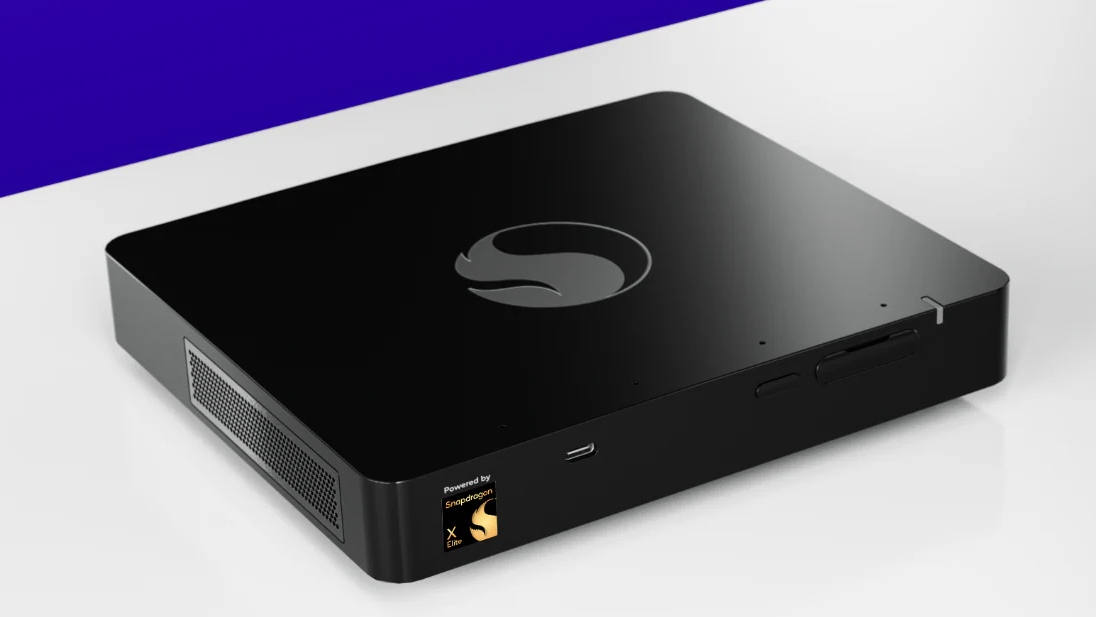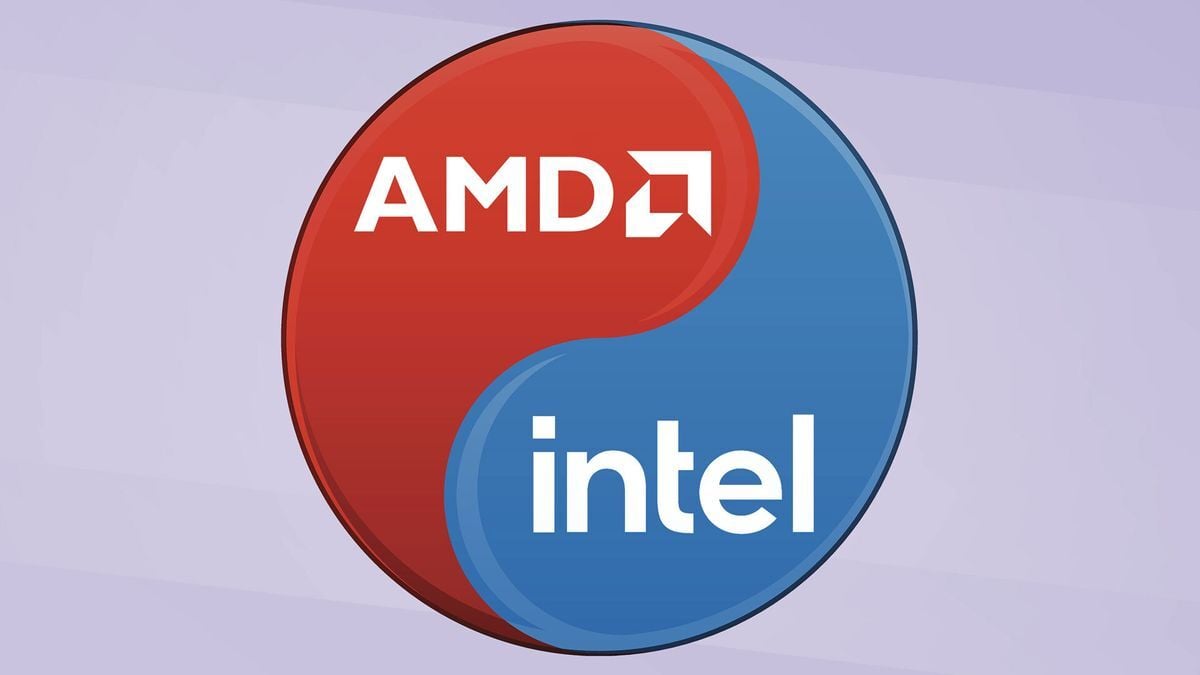- 96 Posts
- 95 Comments

 1·7 months ago
1·7 months agoWhite out marker the Steam Deck?

 0·8 months ago
0·8 months agoNo. It was a completely different product. It’s like trying to claim that an iPhone is an iMac because it has the “i” in the name and is made by the same company. Similar branding to help tie it together, but completely different devices.

 0·8 months ago
0·8 months agoThe Kindle Fire was an Android tablet, not an e-reader. Completely different products.

 0·8 months ago
0·8 months agoI don’t understand what the point is with having an e-reader with a colour screen when the screen is so small. Anything I read that would benefit from a colour screen is either a PDF or a comic, and those suffer from tiny letters on a screen under 10 inches.
Or is there a lot of newer books that have images and such that aren’t PDF/CBR based?

 0·8 months ago
0·8 months agoA family of four can have serious issues with data caps.
So, if you are single, multiply your usage by four. Would you still be under your data cap?

 0·8 months ago
0·8 months agoWith the rise of ARM, I don’t think they’d need to, since ARM gives enough competition.

 7·8 months ago
7·8 months agoNo, not unless you have an x86 Android device. While this will run Linux apps, it will be limited to the CPU architecture. Unless there is a x86 to ARM translation layer on Linux that I’m not aware of?
This is why I buy my TVs from Costco. If it needs internet at any point, return. It’s a TV, it shouldn’t need internet at any point.

 16·8 months ago
16·8 months agoA slave doesn’t dream to be free, but to be a king

 2344·8 months ago
2344·8 months agoBecause emulation is legal. It shouldn’t have to be hidden. This was taken through the courts in 2001 with the Sony vs Bleem lawsuit.
What appears to be happening is Nintendo is abusing its power and money to make threats of legal action that these groups just can’t afford to fight, even though they haven’t done anything illegal. It should be coming as a surprise that Nintendo is coming for them, because this is completely legal, and not some fan game using Nintendo IP (which is what they normally shut down).

 0·9 months ago
0·9 months agoWhat’s happened is GTA Online suddenly switched to using BattlEye for it’s anti-cheating. And this broke Steam Deck compatibility suddenly. Now, this is bad enough but reports state that BattlEye will work with the Steam Deck, and all Rockstar needs to do is just send a message to BattlEye and it’ll just work. But Rockstar doesn’t seem to be interested in sending that email.

 0·9 months ago
0·9 months agoI don’t feel it is. They aren’t saying that their physical requirements should be free (computers, engineers, programmers, electricity, etc…) which is what is being used for the analogy (cheese, ingredients, etc…).
It would be better to claim “I run a sandwich shop and couldn’t afford to run it if I had to pay for every recipe, idea, and technique I use in the business.”
Now, it’s not as simple as this, and I’m not claiming it is. But this example isn’t anywhere near correct. It’s like the old claim that pirating something is the same as stealing it. The usage on one thing doesn’t equal the loss of something physical.
It’s one of those reasons why laws about this are difficult. Too strict and no one would be able to do “fan”-anything and many other issues (“if it uses AI” takes out many digital tools, etc…), too loose and you don’t really have laws at all.

 0·9 months ago
0·9 months agoschool-issued machines
Stopped reading right there. Whenever you are issued a device, you should immediately assume it’s being monitored by the owner of the device. This goes for school/job/etc. The owner of the device will always be monitoring it for reasons of making sure you are using the device for intended purpose to making sure you aren’t using it for illegal purposes.

 0·9 months ago
0·9 months agoI’m sorry I proved you wrong to the point you had to resolve yourself to personal attacks. Do you feel better now?

 0·9 months ago
0·9 months agoReally?.. Wow, not only did you copy pasta one of the oldest trolls online but you can’t understand how illogical the troll is. And you want to accuse me of being a child?
Your comment was disproved here… In 2018. And it wasn’t a new idea then either.

 0·9 months ago
0·9 months agoYour comment? I’m pretty sure yeah it was, and a really old one
























No, not for elementary/HS. You have to understand that schools aren’t regular users. They will have 2 top priorities:
Until these two issues are solved, Linux won’t be ready for the public education sector. (When the parent issues the device, all rules are gone since it’s up to the parent what limits to place, and all the school will say is that the device must be able to run programs X, Y, and Z.)